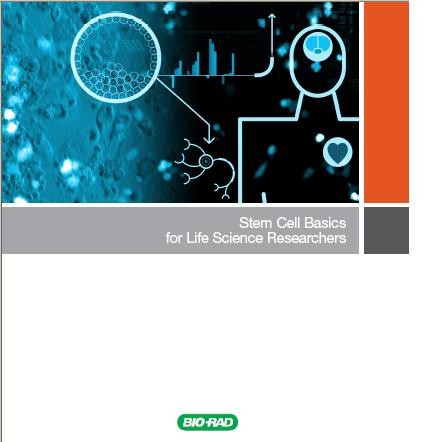They are coming to New Orleans to talk science with their fellow members of the American Society for Cell Biology (ASCB) on Monday, December 16, but the ASCB winners of the 2013 Nobel Prize in Medicine, Randy Schekman, PhD, and James Rothman, PhD, are speaking out on controversial issues they believe threaten American science and American society.
On Saturday in Stockholm, Rothman of Yale University closed his Nobel lecture with a warning that “brutal cuts” in federal research funding are destroying American competitiveness in science. On Tuesday in an opinion column published in the British newspaper, The Guardian, Schekman of the University of California, Berkeley, said that the world’s three leading scientific journals—Cell, Nature, and Science—are warping science for their own commercial purposes. Calling them “luxury” journals, Schekman wrote, “These journals aggressively curate their brands, in ways more conducive to selling subscriptions than to stimulating the most important research.”
Longtime ASCB members, Schekman and Rothman won the 2013 Nobel Prize in Physiology or Medicine for their discoveries of how molecules move through the cell in vesicles and fuse to target membranes in a process known as “trafficking.” Schekman who was ASCB President in 1999 and Rothman who has been an ASCB member since 1982 will share their joint prize of roughly $1.2 million US with Thomas Südhof of Stanford University for their work on the machinery regulating vesicles in the cell as they move along cytoskeletal roadways, delivering cargoes to different parts of the cell. This basic work was a huge boost for researchers studying conditions such as diabetes and neurodegeneration.
Both men are concerned that the work for which they won their Nobels would be much more difficult in the future because of an climate of budget cutbacks and branded scientific publications. Schekman has been particularly critical of “journal impact factors” or JIFs, a statistical measure of how often a journal is cited in other papers, as “a deeply flawed measure” that is damaging scientific integrity. JIFs have become the widely accepted measure for scientific hiring, advancement, and funding, Schekman wrote, despite their well-known flaws.
The JIF became a major issue at last year’s ASCB Annual Meeting when a group of scientists and journal editors drew up the San Francisco Declaration on Research Assessment (DORA), calling for scientists to turn their backs on JIFs and find new measures of individual research value. This week, just six months after the DORA petition was first posted publicly, the number of scientists and scholars including many from the social sciences and the humanities who have signed DORA passed the 10,000 signature mark. An additional 423 scientific and scholarly organizations have also signed. Schekman, a former president of the ASCB and an early DORA supporter, is expected to expand on the DORA premise in his address to the cell biologists on Monday night.
“When we first talked about the ideas that became DORA last year in San Francisco, none of us thought that it would explode like this,” said Stefano Bertuzzi, the Executive Director of the ASCB. “As cell biologists, we thought it was our issue but now the 10,000 plus signatures for DORA so far prove that JIFs are seen as serious threat in many fields of science and scholarship. This is not just egghead, ivory tower stuff. What comes out of our labs and our universities is the power that drives our future economy. Research will make or break our future health. DORA is not about footnotes. It’s about keeping research honest and vital.”
Bertuzzi continued, “The ASCB is delighted to have two of our own—Randy and Jim—coming from Stockholm to New Orleans to use their new fame to stand up for critical issues like budget cuts and DORA.”
In his Nobel lecture last Saturday, Rothman of Yale University pointed out that the science of biochemistry which undergirded his Nobel-winning research on how cells package and deliver vital secretions such as insulin was developed around the turn of the last century in Germany. The Nazis destroyed that scientific culture in a matter of years, driving many of the best biochemists to the U.S. where it took root and blossomed, Rothman said. It gave the US an unquestioned scientific leadership form World War II to recent. “Now that culture stands deeply threatened by brutal cuts in support for basic research,” Rothman said. “And it can go away.”
Both Schekman and Rothman are longtime members of the ASCB, the world’s largest society of cell science researchers whose basic discoveries have driven advances in modern medicine and pharmacology. They will address many of the 6,000 attendees at the ASCB Annual Meeting at a special Nobel session in the Great Hall of the New Orleans Morial Convention Center at 6:00 pm CST, on Monday night.
















